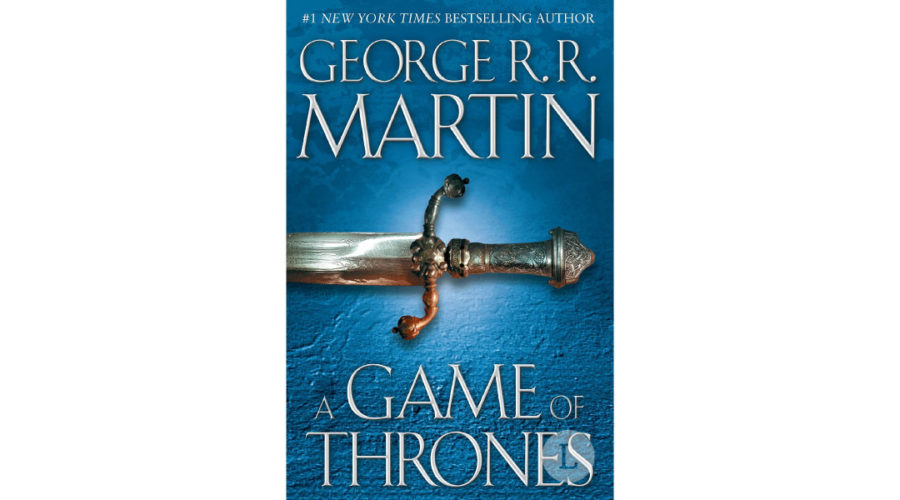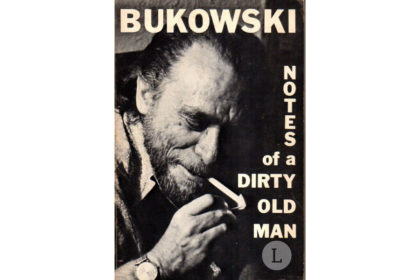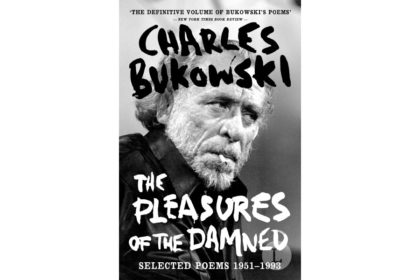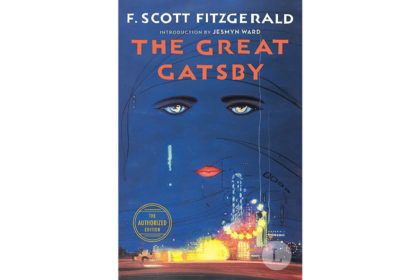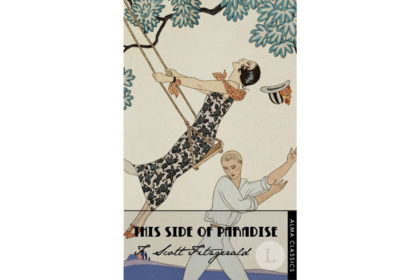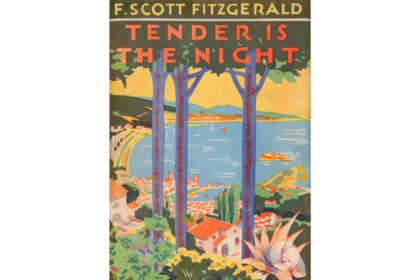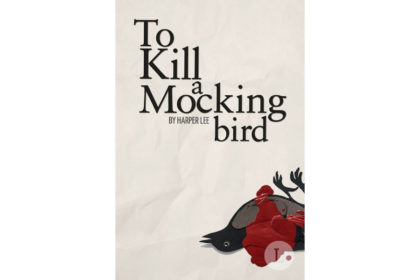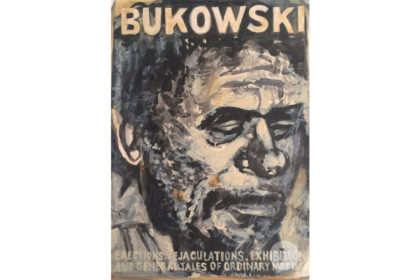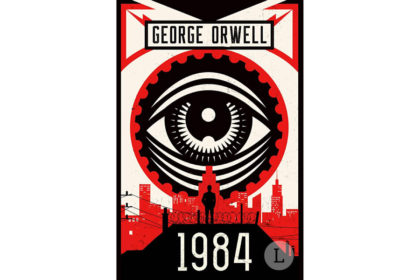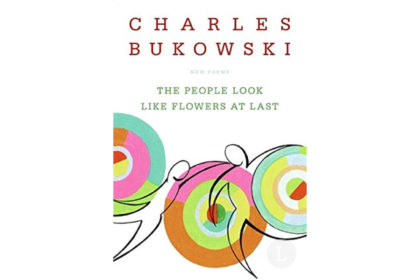A Game of Thrones, the first book in George R.R. Martin’s epic fantasy series A Song of Ice and Fire, plunges readers into a richly detailed world of political intrigue, bloody conflict, and supernatural forces. The novel is set in …
George R. R. Martin: A Game of Thrones
